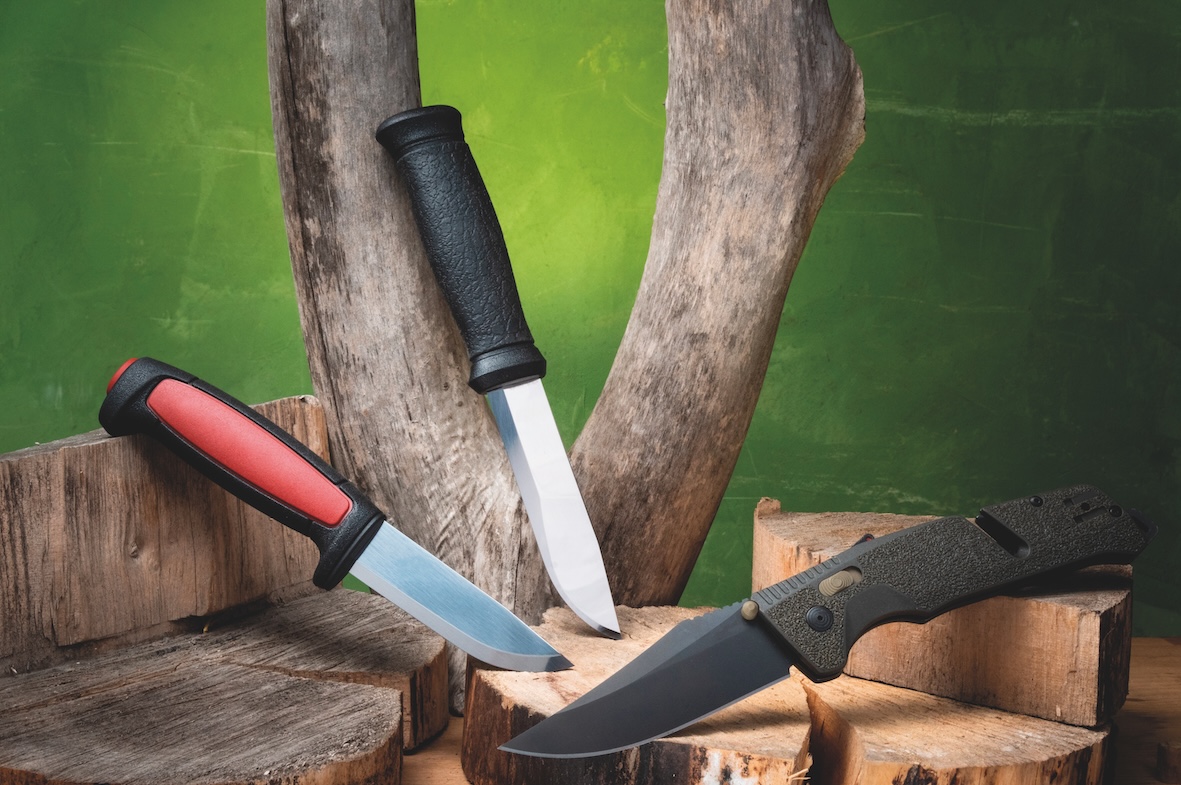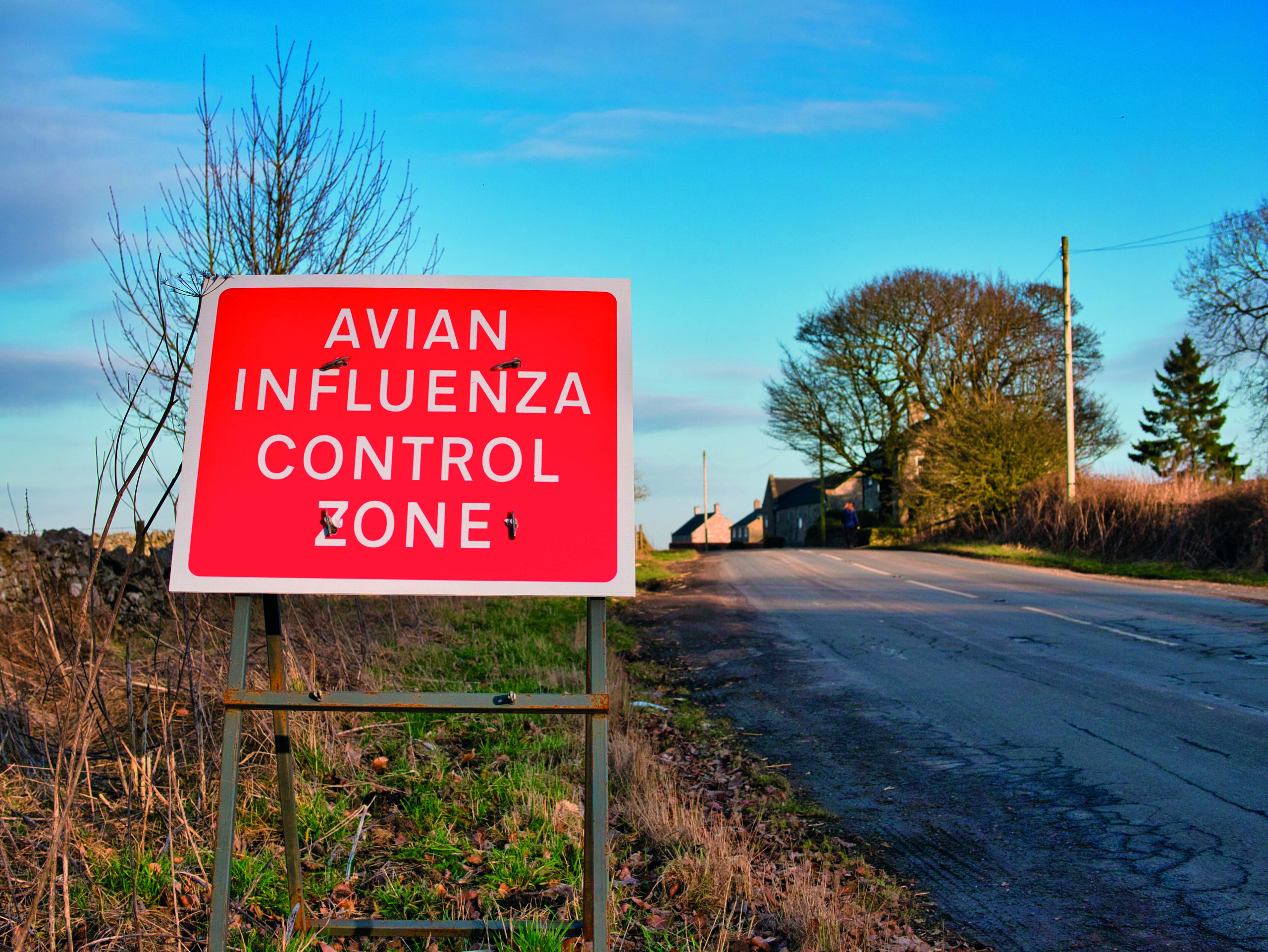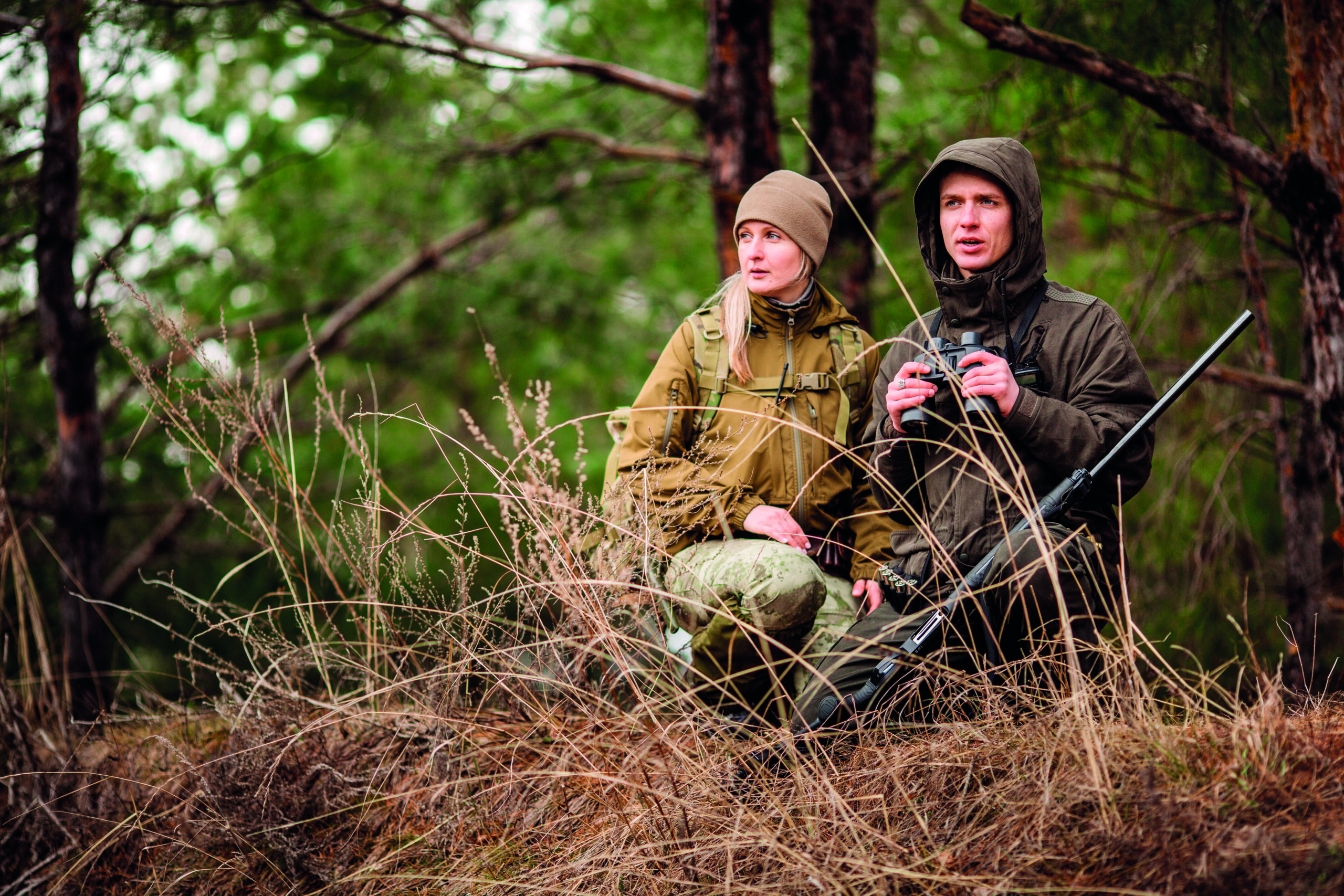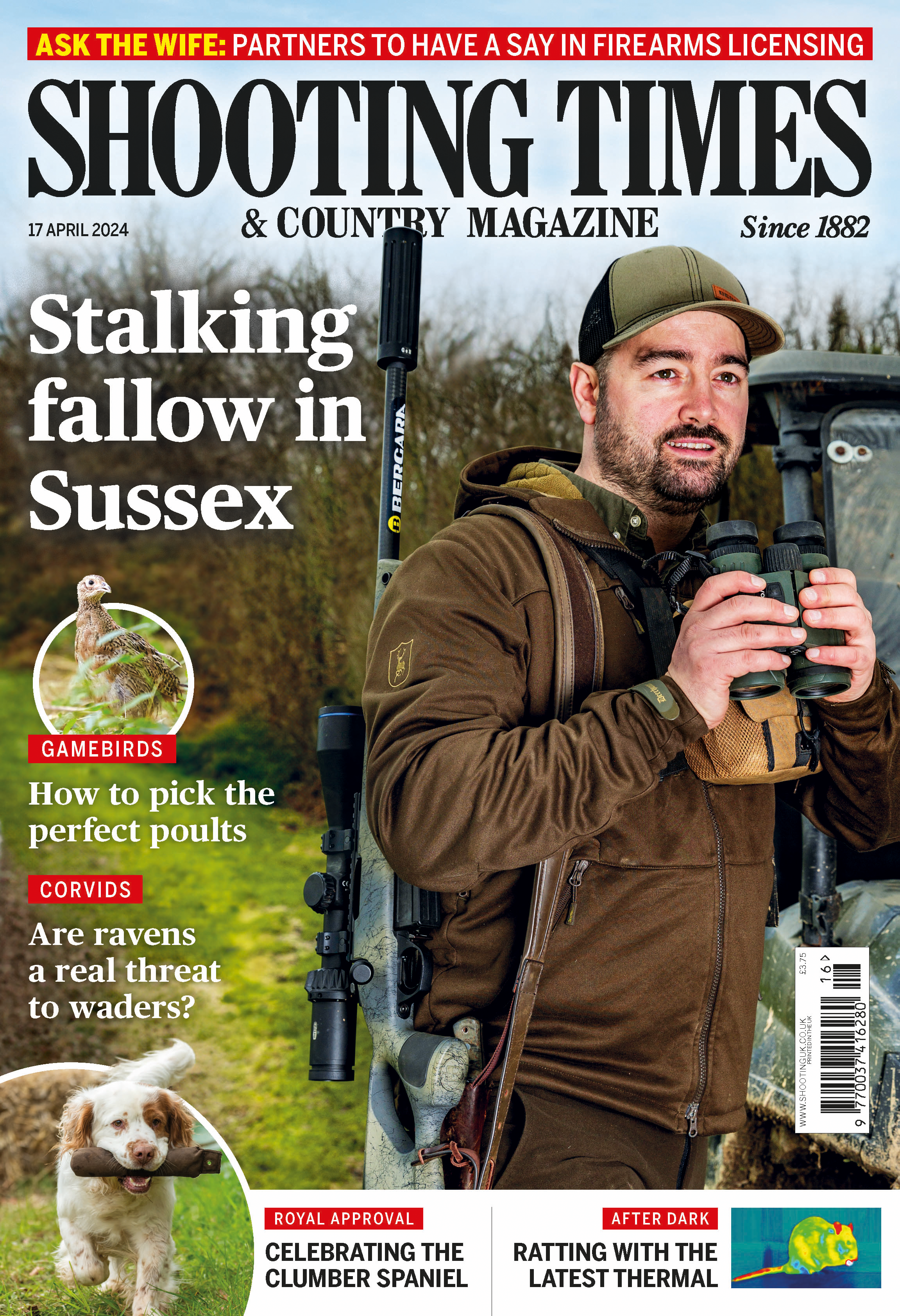Shooting groups defend progress on lead transition
BASC has rebuffed criticism that there is a lack of commitment to the move towards non-toxic shot and says good headway has been made
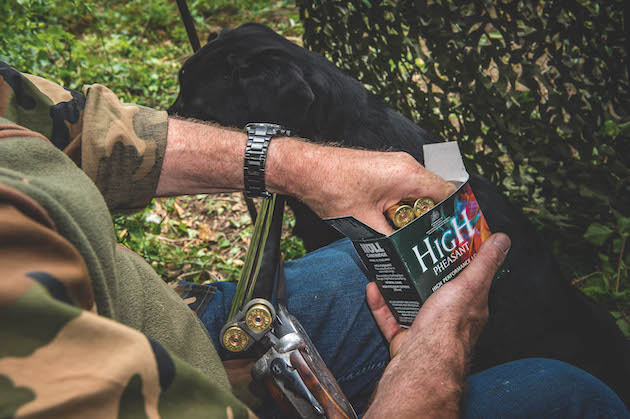
BASC said significant progress had been made u that it would take time for shooters to continue to adapt
Non-toxic shot progress
Shooting organisations have defended the progress of the five-year transition away from the use of lead and single-use plastics in shotgun ammunition.
The plan to make shooting more sustainable and to head off Government regulation has come under attack for not making enough progress after a study revealed that most birds were still being shot with lead.
The study found that out of a sample of 180 birds, 99% showed clear evidence of having been shot with lead ammunition. The study’s authors concluded that the results showed that “the shooting and rural organisations’ joint statement, and their subsequent promotional actions, have not yet had a detectable effect on the ammunition types used by shooters supplying pheasants to the British game market”.
The news led to criticism from both ends of the spectrum. Critics of shooting claimed it showed a lack of commitment to the transition. However, supporters of the continued use of lead said it demonstrated that the idea was misguided.
BASC spokesman Garry Doolan said: “This is a five-year transition, not a one-year solution. The logistics of moving over to sustainable ammunition, after generations of using lead shot, are substantial.
“Significant progress has been made, such as the manufacturers’ development of new sustainable and biodegradable products, but it will take time for people to continue to adapt.”
A statement from Hull Cartridge and Gamebore explained how the companies saw the situation. It said: “There remain technological and logistical challenges ahead to ensure that we can produce the volume of cartridges required to achieve the ambitious proposal put forward by shooting and rural organisations. For example, it takes considerably longer to make a bio wad than it does a traditional one. There are big challenges to meet all of these ambitions, but our investment in research and development continues.”
The GWCT, which is among the organisations committed to the transition, has launched a survey to find out about shooters’ experiences with using non-toxic shot lead alternatives and any problems they have found with using non-lead ammunition. You can take part in the GWCT survey here.

